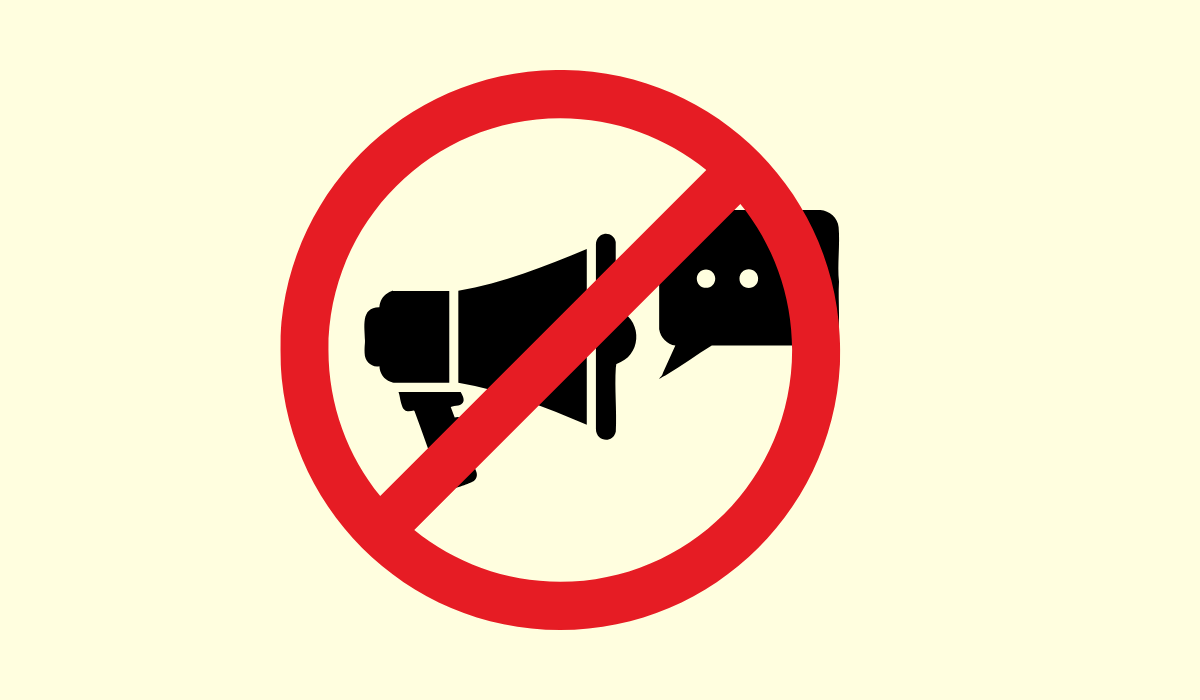Three months ago, your SMS campaigns hit 94% deliverability. Last month, 87%. This month, 81%.
Is the TCPA Protecting Consumers or Destroying Businesses?

TCPA was enacted in 1991 to respect consumers’ privacy and to protect them against illegal telephone solicitations. TCPA was intended to provide relief, up to $1500 for a call, for consumers to take legal action against violators (this would most likely take place in a small claims court). Over the years, consumers and attorneys found loopholes in the loosely outlined TCPA rules and filed unprecedented lawsuits to businesses and marketers costing trillions of dollars of damages.
We are now seeing professional TCPA litigators who make a living suing companies. It is costing thousands to hundreds of thousands of dollars for small businesses to defend against these litigations. These savvy professional litigators agree to online express consent forms, receive text messages, and then sue the company in a small claims court whether it violated TCPA or not. It only costs $20~50 to file a small claims case but a company must appear in court to defend against the case or settle the suit. It is more problematic if a company is located in California and a litigator sues in a NY court, potentially costing tens of thousand dollars in defending the suit.
Many professional litigators understand that some small claims courts honor additional lawsuits for the same cases that are settled or won by the plaintiffs. When a litigator receives multiple text messages, he will initiate a lawsuit with one or two messages, get a settlement or win a case, and then make additional claims causing a ton of expenses for businesses.
In some extreme cases, a litigator establishes a fake company (solely to file TCPA claims and have no other business activities). That litigator will then publish many business phone numbers, wait for calls from telemarketers, track the calls back to determine the advertisers with a deep pocket, and finally file class action claims.
TCPA’s initial intention was to protect consumers. But now, TCPA is either destroying businesses or causing them to spend an exorbitant amount of money for compliance and potential litigations. TCPA is loosely defined, as it leaves interpretation to the attorneys and courts, causing businesses to spend time and resources to defend a case whether it wins or not. Businesses are entitled to the first amendment, the same way it was created to protect consumers, by claiming that TCPA is unconstitutional and outdated for the modern era.
More Articles


SMS Marketing, SMS, sms carrier, tcpa
Why SMS Marketing Might Be Dead in 5 Years—If Carriers Keep This Up
For over a decade, SMS marketing has been the bedrock of mobile engagement. With open rates often cited above 95% and near-universal device compatibility, it seemed indestructible. Yet today, industry insiders are sounding the...

SMS, sms carrier, tcpa, tcpa restrictions
Are SMS Compliance Rules Silencing Free Speech in Marketing?
Few marketing channels are as tightly controlled — yet so widely used — as SMS. Behind every promotional text lies an invisible gauntlet of carrier rules, algorithmic filters, and registration barriers. Most recipients never...